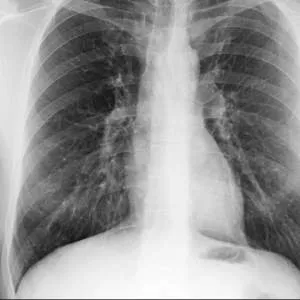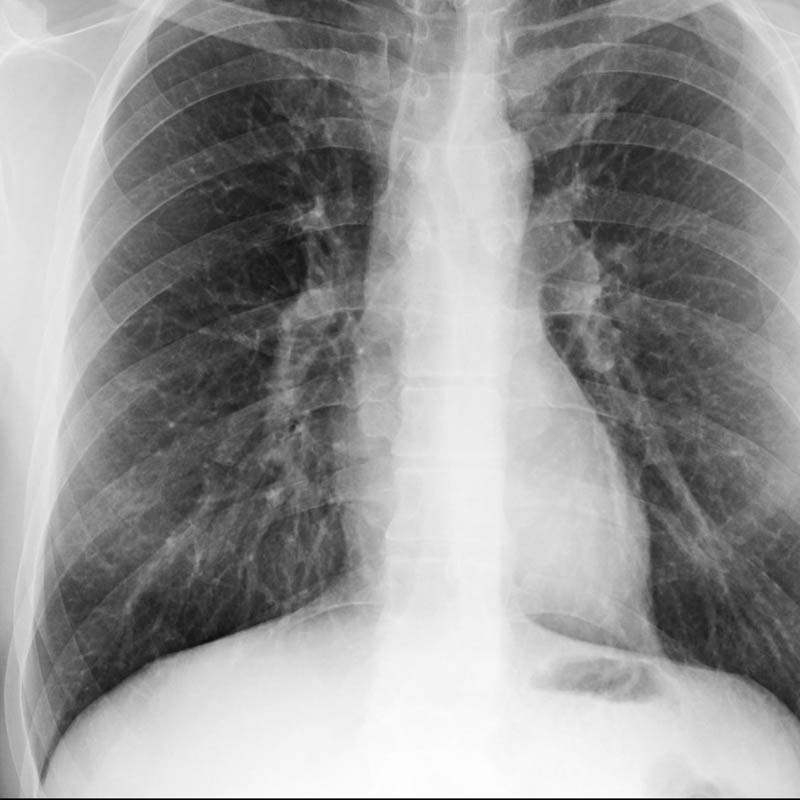
Know How to Recognize the Attack
The first step in responding to an asthma attack is knowing how to recognize one. The most definitive sign is impaired or labored breathing. It’s difficult for a person suffering from an asthma attack to breathe because their airways are inflamed. The attack might spur wheezing, coughing fits, chest tightening, and struggles with exhaling and/or inhaling.
Remain Calm
The moment you suspect an asthma attack is underway, it’s incredibly critical that you remain as calm as possible. In essence, your number one priority is to be a calming presence. Be as reassuring as possible, and do your best to help the sufferer relax. The person will likely be panicky, but your own anxiety could make the situation must worse.
Remove the Triggers
If something in particular is causing the asthma attack, move your friend or family member away from that trigger. For example, smoke, allergens, and perfumes can all be triggers for an asthma attack.
Move Them to an Upright Position
If possible, help your friend or family member to sit in an upright position. Breathing could be much more difficult for the attack sufferer if he/she is lying down.
If The Person Can Speak
If you find that you can speak to this person, find out quickly what their typical asthma attack action plan is. Follow their directions precisely and closely. If this person doesn’t remember how to address an asthma attack, ask whether or not they have an inhaler. If the inhaler is nearby, get it as soon as possible and begin administering treatments to the individual.
If The Person Can’t Speak
If the individual can’t speak, look around for an inhaler. If you can’t find one within a few brief seconds, immediately call 911.
There are a number of scenarios in which you should always call 911, regardless of the circumstances. Seek emergency help when:
- The inhaler does not seem to be helping.
- The inhaler only seems to help initially. The person gets worse a few moments after a treatment.
- You can’t find an inhaler.
- The person struggles to (or can’t) breathe.
- The person is struggling with talking.
- The person’s lips have become blue or pale in color.
- The person is unconscious.
When you are around someone who is suffering from an asthma attack, you are essentially a line of defense. Knowing how to address an asthma attack quickly and efficiently can prevent a major medical emergency down the line.
